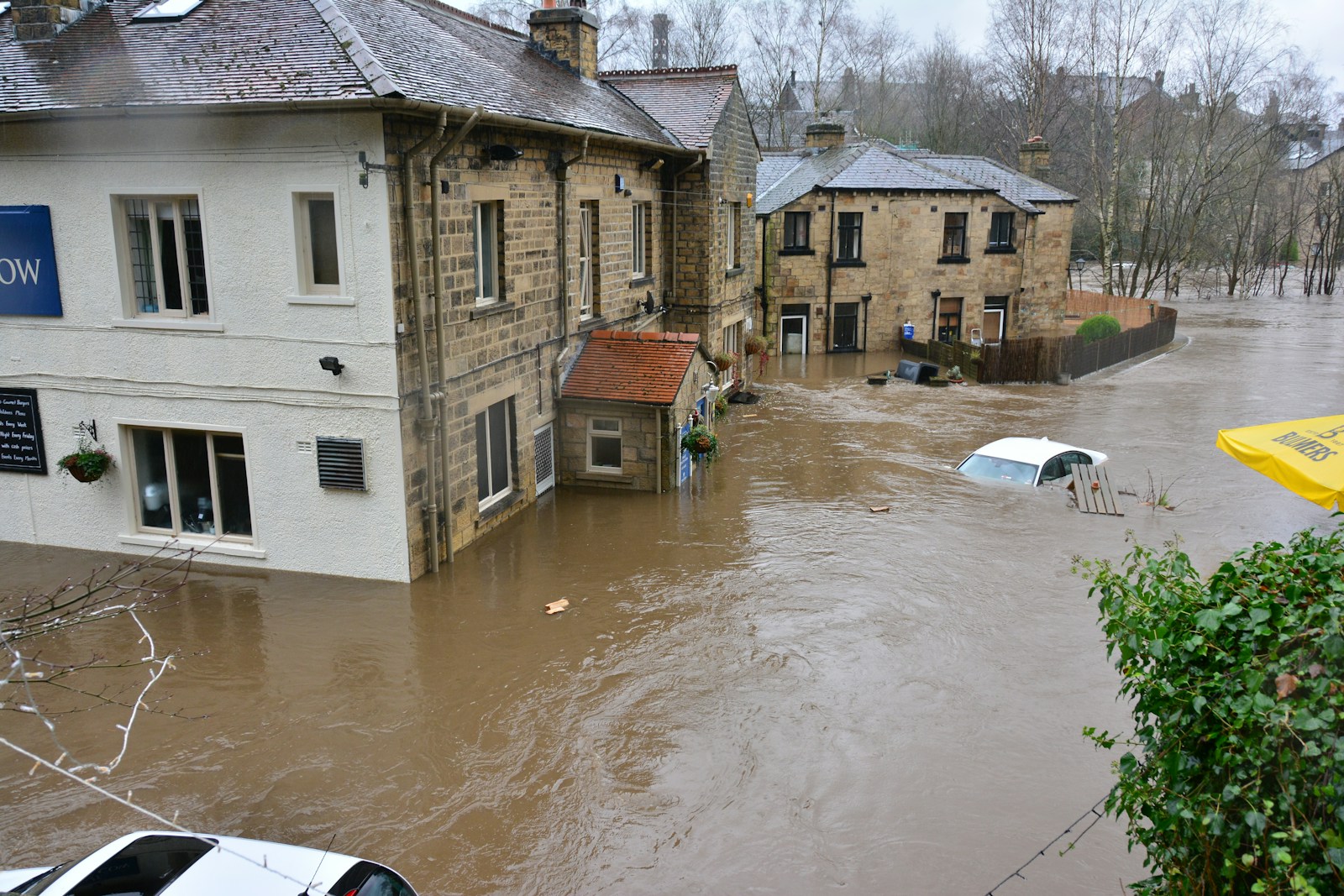
How to Check Your Flood Zone and Why It Might Have Changed
Understanding your property’s flood zone is essential for protecting your home and financial well-being. This is particularly important in Louisiana, where flood risks can change over time. It’s important for residents to stay informed about their flood risk and insurance needs.
Why Flood Zones Matter
Flood zones are used to identify areas at varying levels of flood risk. These zones are mapped by the Federal Emergency Management Agency (FEMA) and play a key role in determining whether flood insurance is required and how much it may cost. Even if you’ve checked your flood zone in the past, it’s important to verify it regularly because flood maps are updated as new data becomes available.
How to Check Your Flood Zone
To find your current flood zone, follow these steps:
- Visit the FEMA Flood Map Service Center (msc.fema.gov).
- Enter your property address to view the latest flood map for your area.
- Review the map legend to understand your zone designation (such as Zone X, AE, or VE).
You can also contact your local parish government or reach out to our team for assistance. We’re happy to help you interpret flood maps and understand what your zone means for your property.
Why Flood Zones Change
Flood zones are not static. FEMA periodically updates flood maps to reflect changes in the following:
- Local development and land use
- Improved mapping technology and data
- Shifts in weather patterns and flood history
How a Flood Zone Change Impacts Your Insurance
A change in your flood zone can affect your insurance requirements and premiums. If your property is newly mapped into a higher-risk zone, your lender may require you to carry flood insurance. Coverage can provide valuable protection against unexpected losses, even if it’s not required.
Stay Informed and Protected
Our team at Harlan Insurance is here to help you navigate flood zone changes and secure the right coverage for your needs. Contact us today for a personalized quote or more information.
This blog is intended for informational and educational use only. It is not exhaustive and should not be construed as legal advice. Please contact your insurance professional for further information.
Categories: Blog, Flood Insurance
